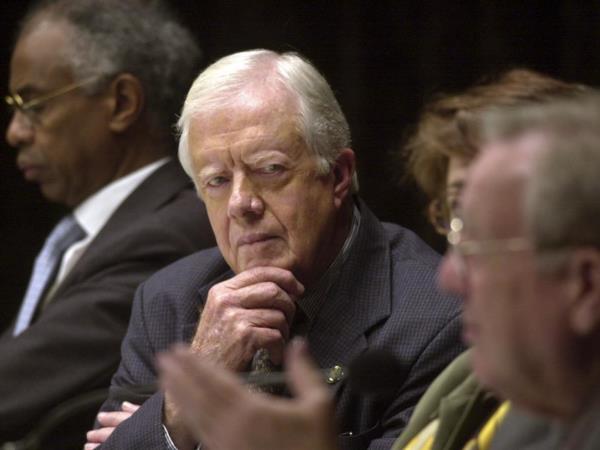
Former President Jimmy Carter's single term in the White House left a lasting impact on the federal courts, particularly in the realm of judicial appointments. During his presidency, Carter appointed a record-breaking 262 federal judges, the highest number by any single-term president in U.S. history. What set Carter's appointments apart was his commitment to diversity and inclusivity.
Diversifying the Bench
Carter's judicial appointments were groundbreaking in their diversity. He appointed 57 minority judges and 41 female jurists, setting a new standard for representation on the federal bench. This was made possible by Carter's establishment of the Circuit Court Nominating Commissions, which identified potential candidates from diverse backgrounds to serve as federal judges. By making the U.S. courts more reflective of the population they served, Carter's appointments not only diversified the judiciary but also influenced numerous court opinions at the district and appellate levels.
Supreme Court Impact



While Carter did not have the opportunity to nominate a Supreme Court justice during his presidency, he had a clear vision for diversifying the highest court in the land. Carter revealed that he had planned to nominate Judge Shirley Hufstedler, the first woman to serve as an appellate court judge, to the Supreme Court if a vacancy had arisen. Hufstedler's nomination would have marked a historic moment in the judiciary, but Carter's successor, Ronald Reagan, ultimately made history by nominating Sandra Day O'Connor as the first female Supreme Court justice in 1981.
Despite not appointing a Supreme Court justice, Carter's legacy in diversifying the federal judiciary and championing inclusivity in the legal system remains a significant part of his presidential tenure. His impact on the federal courts continues to be felt through the judges he appointed and the precedent he set for future administrations.







